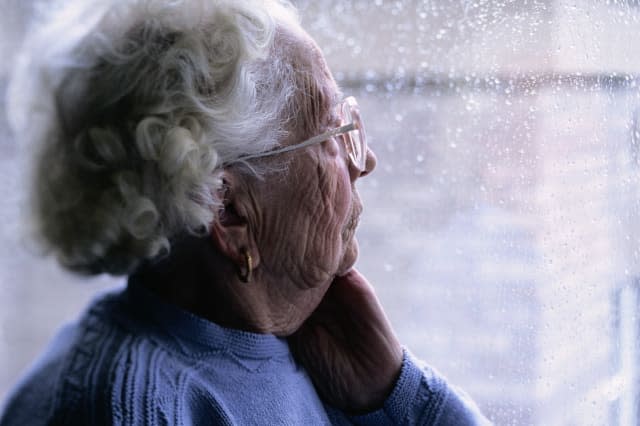Council tax bills set to soar to help pay for elderly care

Council tax bills could rise by hundreds of pounds over the next few years, thanks to George Osborne's decision to make councils cover more of the cost of social care for the elderly.
In his spending review yesterday, Osborne urged councils to put up bills by an extra 2% to help cover the funding shortfall. If they do so, the average council tax bill - currently £1,484 for a Band D property - will rise to £1,806 by 2020/21.
This would pump an extra £2 billion into the system, although critics say that the social care sector has suffered £4.6 billion worth of cuts since 2010. Councils can choose whether or not to put up bills - but will face a funding shortage if they don't.
Paul Kenny, general secretary of the GMB union, says the government is avoiding its responsibilities and asking councils to do its dirty work.
"Everybody knows that the adult care sector is facing a huge funding crisis," he says. "Mr Osborne has passed the buck to the whim of local authorities rather than face up the fact that the government itself has the responsibility to fund the care of the elderly and other vulnerable adults."%VIRTUAL-ArticleSidebar-council-stories%
And even if councils do put up tax, this may not end up improving services, says Mark Stopard, head of product development at annuity provider Partnership.
"While on the surface this may seem like a boon, the introduction of the living wage in April 2016 will see the cost of employing over-25s to provide care service increase by 7% so even with this increase, some local authorities will be out of pocket and struggling more than ever," he says.
The pill's been sweetened - slightly - with the promise of more funding for the Better Care Fund, which promotes integration between health and social care. This will give councils an extra £1.5 billion for adult social care by 2019/20.
But councils warn that they are already at breaking point.
"It is wrong that the services our local communities rely on will face deeper cuts than the rest of the public sector yet again and for local taxpayers to be left to pick up the bill for new government policies without any additional funding," says Lord Porter, chairman of the Local Government Association.
"Even if councils stopped filling in potholes, maintaining parks, closed all children's centres, libraries, museums, leisure centres and turned off every street light they will not have saved enough money to plug the financial black hole they face by 2020."





